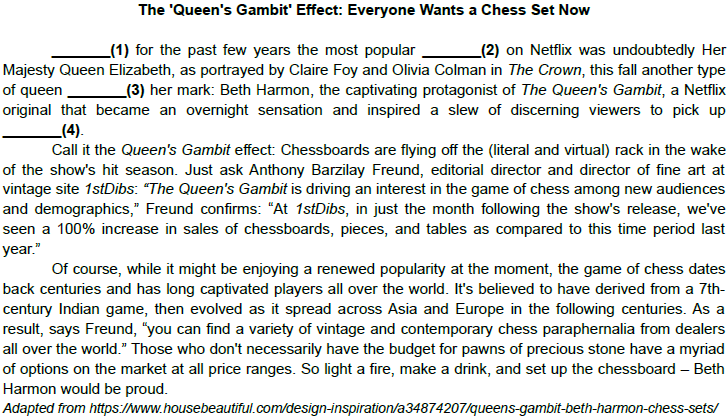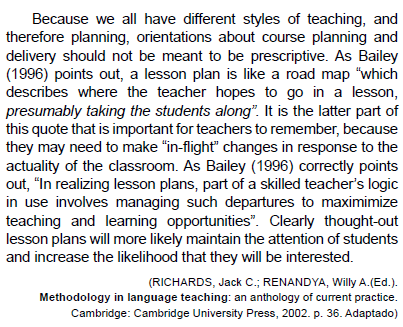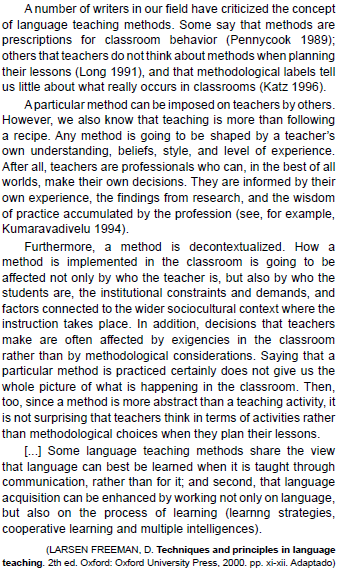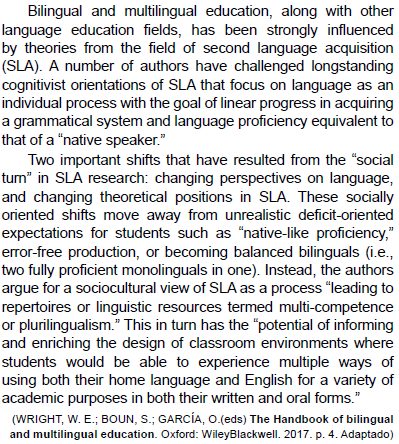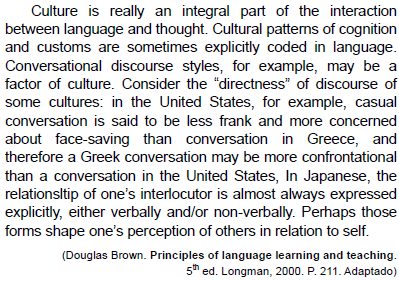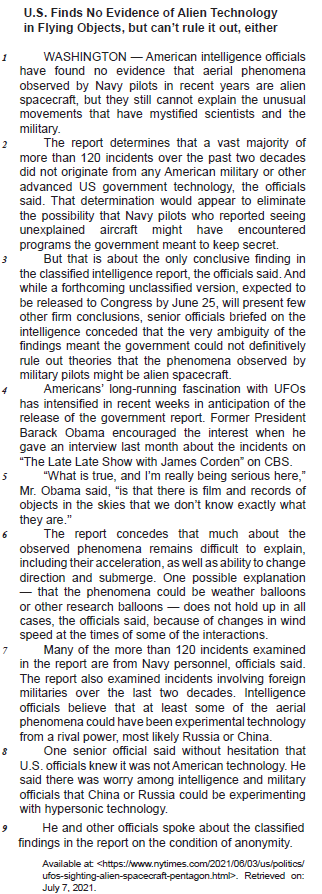In the sentence “Chessboards are flying of f the (literal and virtual) rack in the wake of the show's hit season.” (paragraph 2), the words fly off the rack mean
How facial recognition technology aids police

Police officers’ ability to recognize and locate individuals with a history of committing crime is vital to their work. In fact, it is so important that officers believe possessing it is fundamental to the craft of effective street policing, crime prevention and investigation. However, with the total police workforce falling by almost 20 percent since 2010 and recorded crime rising, police forces are turning to new technological solutions to help enhance their capability and capacity to monitor and track individuals about whom they have concerns.
One such technology is Automated Facial Recognition (known as AFR). This works by analyzing key facial features, generating a mathematical representation of them, and then comparing them against known faces in a database, to determine possible matches. While a number of UK and international police forces have been enthusiastically exploring the potential of AFR, some groups have spoken about its legal and ethical status. They are concerned that the technology significantly extends the reach and depth of surveillance by the state.
Until now, however, there has been no robust evidence about what AFR systems can and cannot deliver for policing. Although AFR has become increasingly familiar to the public through its use at airports to help manage passport checks, the environment in such settings is quite controlled. Applying similar procedures to street policing is far more complex. Individuals on the street will be moving and may not look directly towards the camera. Levels of lighting change, too, and the system will have to cope with the vagaries of the British weather.
[…]
As with all innovative policing technologies there are important legal and ethical concerns and issues that still need to be considered. But in order for these to be meaningfully debated and assessed by citizens, regulators and law-makers, we need a detailed understanding of precisely what the technology can realistically accomplish. Sound evidence, rather than references to science fiction technology --- as seen in films such as Minority Report --- is essential.
With this in mind, one of our conclusions is that in terms of describing how AFR is being applied in policing currently, it is more accurate to think of it as “assisted facial recognition,” as opposed to a fully automated system. Unlike border control functions -- where the facial recognition is more of an automated system -- when supporting street policing, the algorithm is not deciding whether there is a match between a person and what is stored in the database. Rather, the system makes suggestions to a police operator about possible similarities. It is then down to the operator to confirm or refute them.
By Bethan Davies, Andrew Dawson, Martin Innes (Source: https://gcn.com/articles/2018/11/30/facial-recognitionpolicing.aspx, accessed May 30th, 2020)
In the first paragraph, the pronoun “it” in “officers believe possessing it” refers to the
No trecho “It is the latter part of this quote that is important for teachers to remember”, the underlined word can be correctly replaced by
The statement “They are informed by their own experience, the findings from research, and the wisdom of practice accumulated by the profession” (par 2) describes teachers who, in the exercise of their profession, are concerned about developing ownership of their own professional learning by drawing on
Indique a palavra em língua inglesa à qual o falante brasileiro, por influência da soletração e do fato de que palavras em português não tendem a terminar em grupos consonantais, poderá erroneamente adicionar uma vogal final:
É o núcleo do objeto na frase do segundo parágrafo “These socially oriented shifts move away from unrealistic deficit-oriented expectations for students such as “native-like proficiency,” error-free production, or becoming balanced bilinguals”:
Note the use of the passive in “Casual conversation is said to be less frank than conversation in Greece”. Another correct use of an impersonal passive is found in alternative
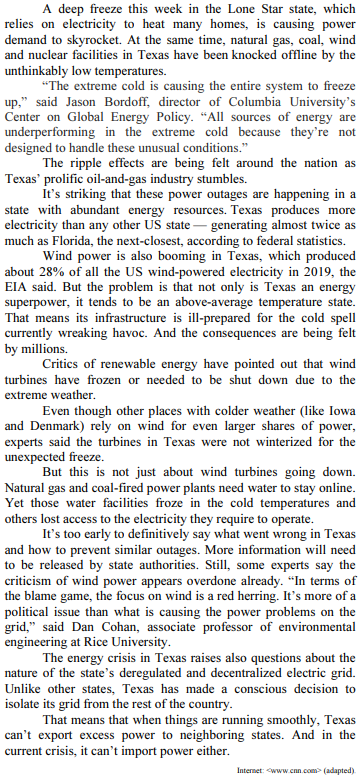
About ideas stated in the text above and the words used in it, judge the following items.
Despite the cold temperatures, energy production in Texas continued unimpeded.

About ideas stated in the text above and the words used in it, judge the following items.
The text points to the lack of wind as the primary cause for a dip in the production of wind energy during the period described
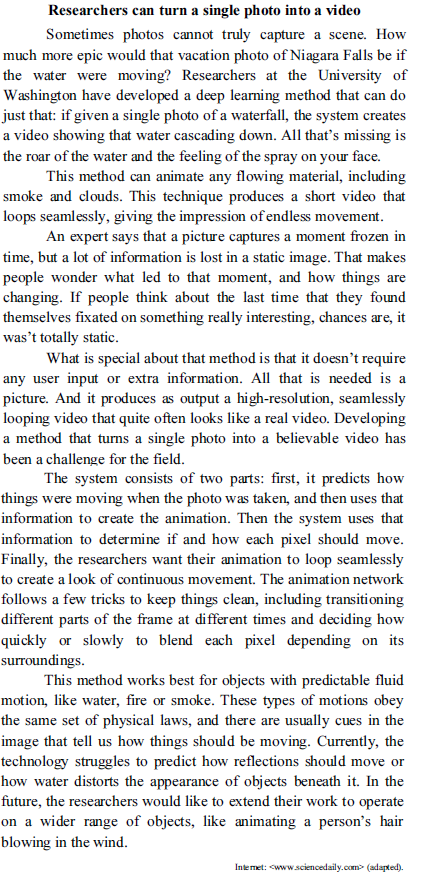
Based on the text above, judge the item below.
It was not so easy to develop such a method to give motion to a single picture.
Based on the text above, judge the following item.
The expression to be entrusted with, as used in the sentence “Police are often also entrusted with various licensing and regulatory activities” (first paragraph), means to be affected by.
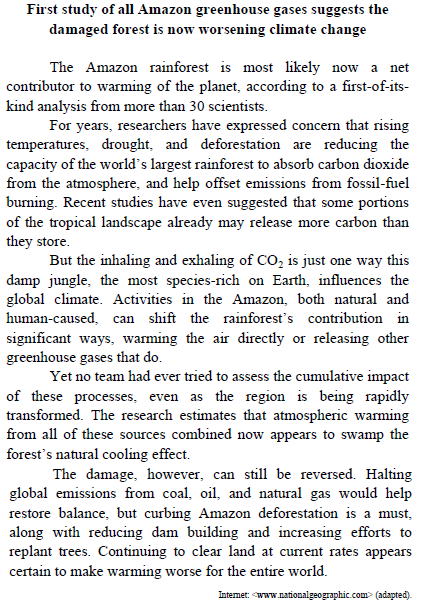
Based on the text above, judge the following item.
The terms “inhaling” and “exhaling” (third paragraph) are verbs that express the idea that the action is happening now
In paragraph 7, the word However in the fragment “In the humanoid league, the players are human-like robots with human-like senses. However, they are rather slow” can be replaced, without change in meaning, by
In the 6th paragraph of the text, the highlighted expression as well as, in the fragment “as well as ability to change direction and submerge” is associated with the idea of

